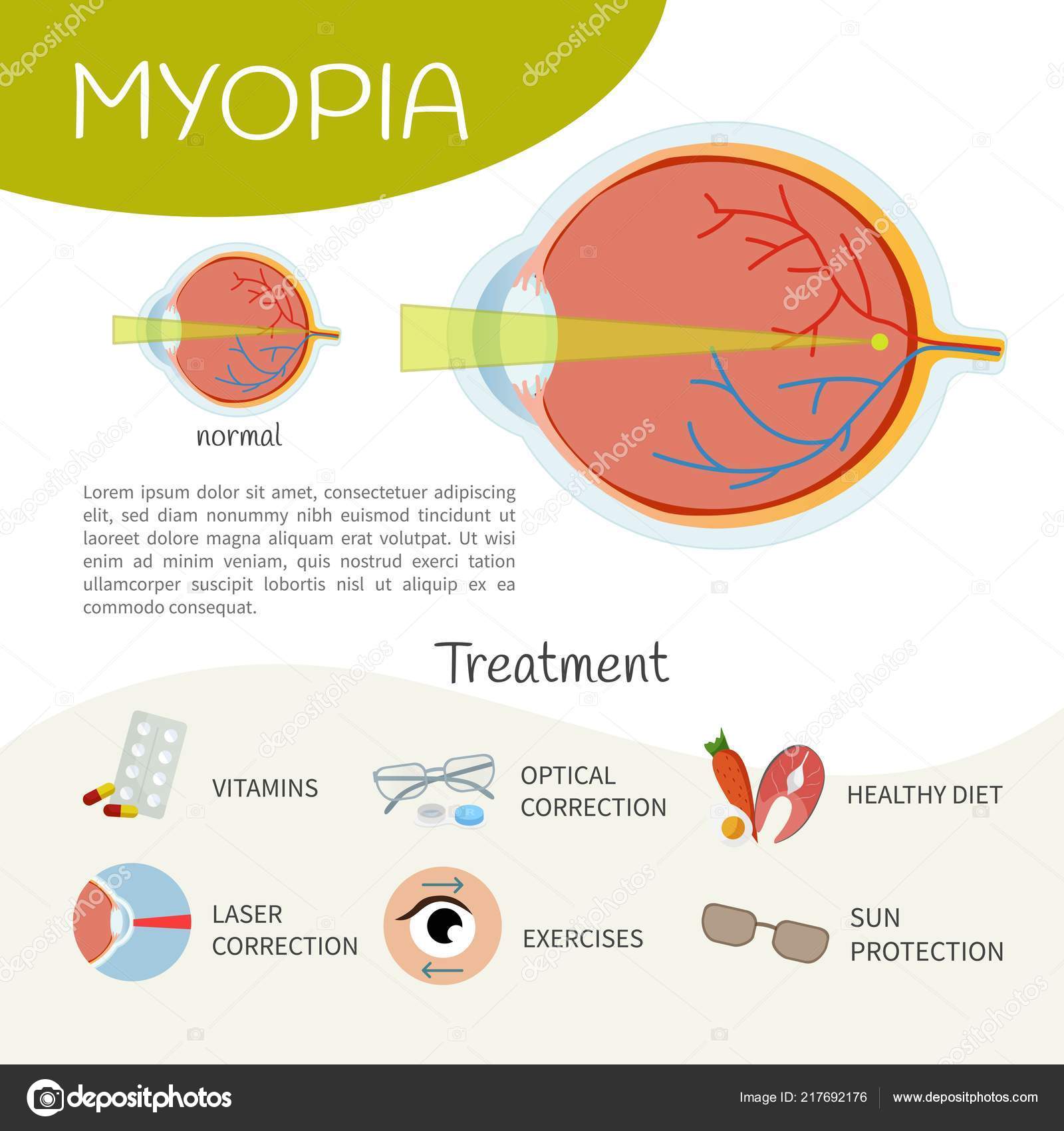The Complete FAQ On Refractive Lens Exchange: Important Information You Required To Know
The Complete FAQ On Refractive Lens Exchange: Important Information You Required To Know
Blog Article
Content Author-Valencia Blackwell
If you're thinking about refractive lens exchange, you probably have a lot of concerns. This procedure can transform how you see the world, using advantages like reduced reliance on glasses. Nonetheless, it's necessary to recognize the procedure, risks, and that certifies as a great candidate. Let's discover these critical facets so you can make an informed decision about whether RLE is right for you.
What Is Refractive Lens Exchange and Exactly How Does It Work?
Refractive lens exchange (RLE) is a surgery made to replace your eye's all-natural lens with a man-made one, correcting vision issues like nearsightedness, farsightedness, or presbyopia.
During the procedure, your surgeon makes a little cut in the eye, removes your all-natural lens, and inserts an intraocular lens (IOL) tailored to your vision needs. This outpatient surgery normally takes about 15 to thirty minutes per eye and is carried out under regional anesthetic.
You'll likely observe enhancements in your vision nearly right away, though full healing might take a couple of weeks. RLE is especially advantageous for those over 40 or with high prescriptions, providing a resilient service contrasted to glasses or call lenses.
Your eye treatment specialist can help figure out if RLE is right for you.
What Are the Perks and Threats of Refractive Lens Exchange?
Choosing refractive lens exchange can bring about considerable improvements in your vision, however it is essential to consider both the advantages and dangers before making a decision.
On the bonus side, this treatment can improve your eyesight by remedying issues like presbyopia, nearsightedness, and hyperopia. Numerous clients delight in reduced reliance on glasses or contact lenses, which can substantially boost their lifestyle.
Nonetheless, it's essential to take into consideration possible risks. Difficulties can consist of infection, glare, or halos around lights.
There's also a chance of overcorrection or undercorrection, which may call for additional procedures.
That Is a Perfect Candidate for Refractive Lens Exchange?
If you're thinking about refractive lens exchange, it is essential to know whether you fit the profile of a perfect candidate. Typically, you might be a good candidate if you're over 40, experience presbyopia, or have high levels of nearsightedness or farsightedness.
It's likewise essential that your vision is steady, implying your prescription hasn't changed considerably in the past year. If you have cataracts or other eye conditions, you could benefit from this procedure as well.
However, particular variables, like uncontrolled diabetes or autoimmune conditions, could disqualify you. To identify Eye Laser Surgery Costs , talk to an eye treatment professional that can assess your specific scenario and advise the very best strategy customized to your needs.
Final thought
In conclusion, refractive lens exchange can be a transformative alternative for boosting your vision, particularly if you more than 40 or have a high prescription. While Best Las Vegas Golf Courses are considerable, it's vital to evaluate the risks and speak with your eye care expert to identify if you're an ideal candidate. With the right info and support, you can make an informed choice and perhaps take pleasure in a life with minimized dependence on glasses.
